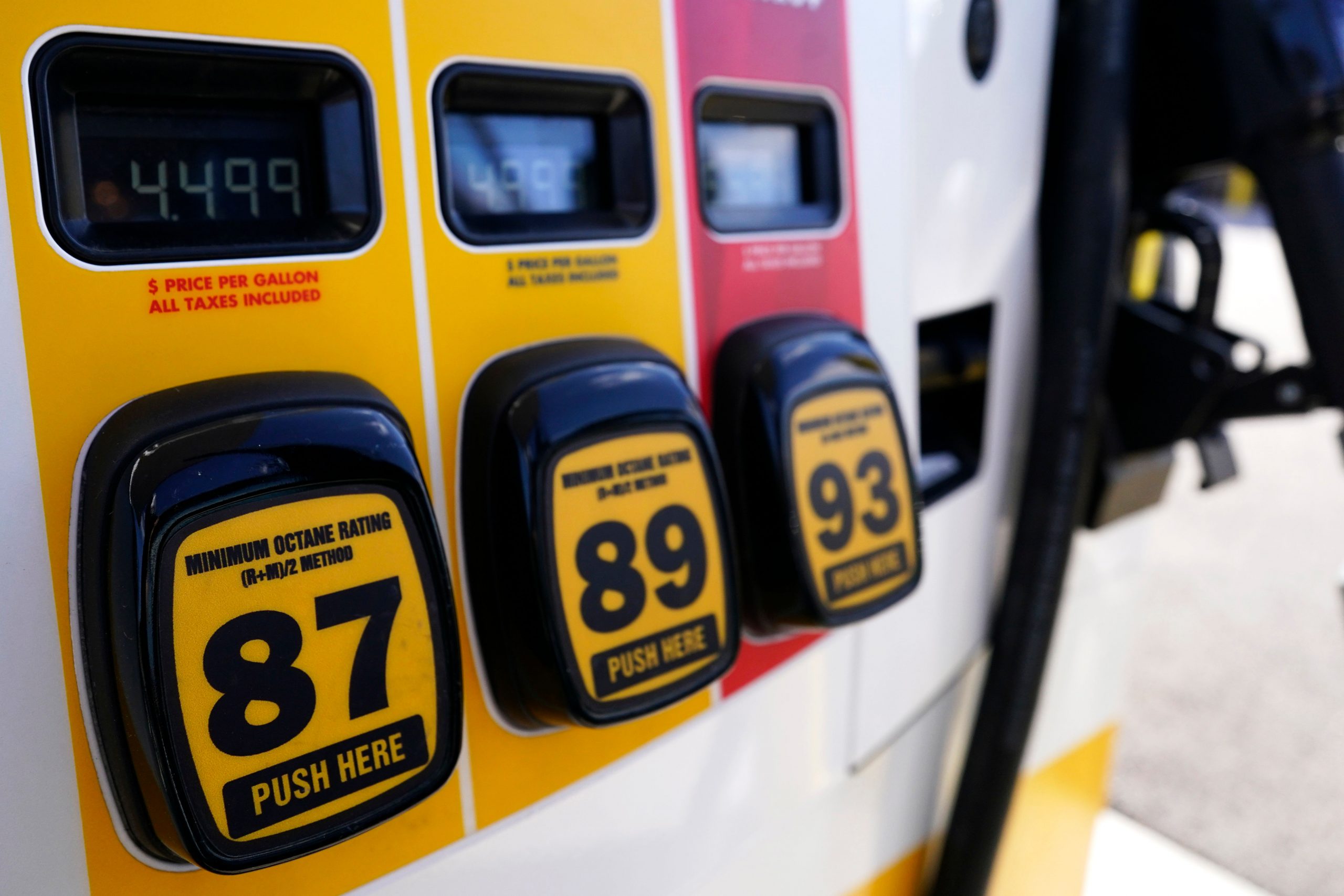The finance minister of Austria spoke to CNN saying, his country supports all sanctions against Russia except a gas embargo.
“Once a sanction hits yourself more than the one targeted by the sanction, I think there’s not much use,” according to Magnus Brunner, Austria’s industry is so reliant on Russian gas that they have “no choice.”
Also read: Moscow says 1 dead, 27 missing after Moskva warship sunk: Report
He emphasised that an embargo that affected Austria’s economy more than Russia’s made no sense.
Last year, the European Union imported about 100 billion euros ($110 billion) in Russian energy. Russia supplies over 40% of the bloc’s natural gas imports, as well as approximately 27% and 46% of its imported oil and coal, respectively.
In March, EU leaders vowed to cut Russian gas use by 66 percent by the end of this year and to cease the bloc’s reliance on Russian energy by 2027.
The United States and the United Kingdom have already banned Russian oil.
Also read: What does future of US aid to Ukraine and sanctions against Russia hold?
According to fresh guidance published by the European Commission on Friday, European companies may be allowed to purchase Russian gas in rubles without violating the European Union’s sanctions against Moscow.
The advise offered explains how contacting the Russian Central Bank would be a violation of sanctions and how continuing payment in Euros/Dollars would be possible.
The Commission states in a letter provided to member states and published online Thursday that it “appears possible” that Moscow’s edict requiring energy payments to be made in Russian currency “does not preclude a payment process which is in line with the EU restrictive measures.”
Also read: Turkey to invite Russian and Ukrainian presidents to Istanbul for talks
The commission does, however, emphasise that the procedure is not fully clear.
In order to fulfill contracts, a Russian decree released in late March requires enterprises to open accounts with Russia’s state-owned Gazprombank, which will convert payments for gas into rubles, rather than trading directly with state gas behemoth Gazprom. Only current contracts are covered by the directive.
“EU companies can ask their Russian counterparts to fulfill their contractual obligations in the same manner as before the adoption of the Decree, i.e., by depositing the due amount in Euros or Dollars,” the EU’s guidelines state.
The UK and the US have sanctioned Gazprombank, but not the EU.
The Russian Central Bank, which is sanctioned by the EU, could, nevertheless, be involved in Gazprombank’s currency conversion, according to the commission.







